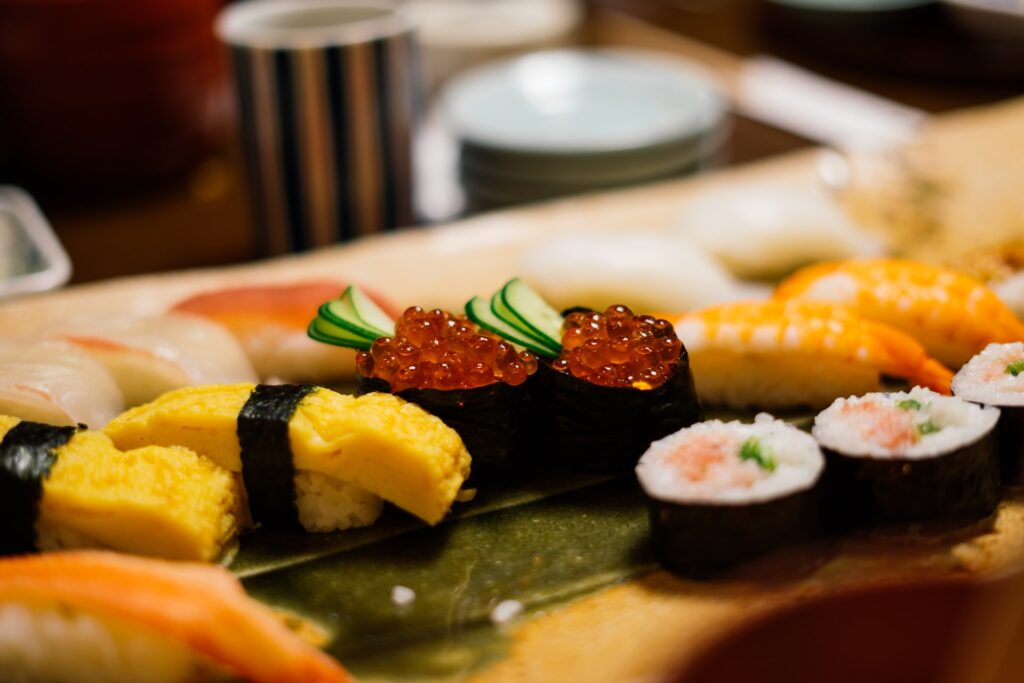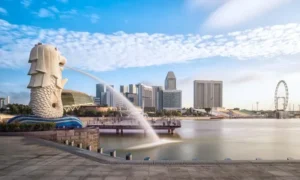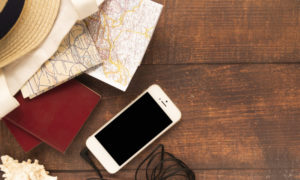This year has been a tough year. The global economy suffered to it’s worst and its track stopped after a huge surge in economic growth. The countries closed their borders, went into lockdown and people stopped moving and the businesses were forced to shut down to slow the spread.
The first sectors to shut down were the airports and seaports or cruise ships, ultimately leading to the closure of travel industries. This directly affected the hotels and guesthouses which depended on international tourists as a source of their income. Additionally, all these led to a rise in unemployment and these industries crashed.
Travel restrictions
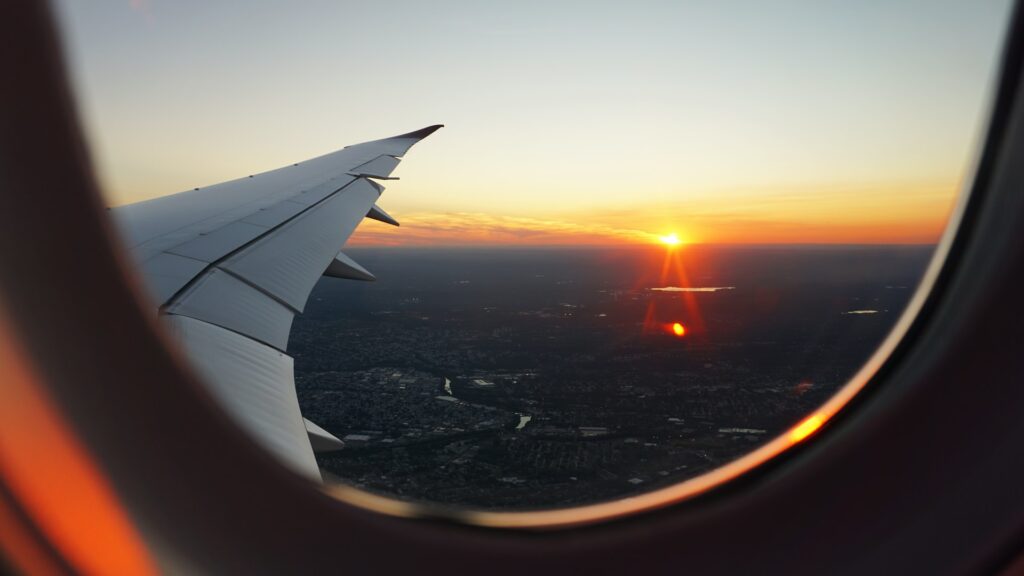
Image source: unsplash.com
As a traveller or a travel blogger, their main job is to travel around the globe, create contents, videos or documentaries relating to their destinations. While travelling is banned in some countries, here is good news for the travellers.
If you are planning to travel in the following countries, there are no travel restrictions on you
| United Kingdom | Ukraine | Brazil | Sri Lanka | Tanzania | Ethiopia |
| Dominican Republic | Cuba | Jamaica | Puerto Rico | Afghanistan | Chad |
| Albania | Cambodia | Jordan | Lebanon | Ecuador | Kenya |
| Maldives | Slovenia | Moldova | Benin | Togo | Serbia
|
Here is the sad part; countries, where there are complete restrictions, are:
| Thailand | Argentina | China | Hong Kong | Malaysia | Canada |
| Saudi Arabia | India | Indonesia | Australia | Singapore | South Korea |
| Vietnam | South Africa | Egypt | United Arab Emirates | Algeria | Philippines |
| Chile | Hungary | Colombia | Peru | New Zealand | Qatar |
However, the quarantine rules vary with the countries. It depends on the country the travellers are arriving from, whether they test positive or negative of the Coronavirus and also may need to go through health assessments.
The headline we all should know before booking a flight is that there are limited flights to go wherever you want. The number of flights has been cut off or the tickets are double the usual price.
Planning to visit the above countries? Know what travelling will look like during CoVID-19
Flying
The first and foremost thing one needs to know about is flying during this pandemic. The middle seats in the flight are kept empty as a social distancing measure. One has to pass through disinfection tunnels and thermal scanners to enter or exit the aeroplane. It is also mandatory to wear gloves, a mask and PPE suits in the flight as the airport-look during this time. Additionally, in-flight magazines are excluded for a while.
Entertainment and attractions
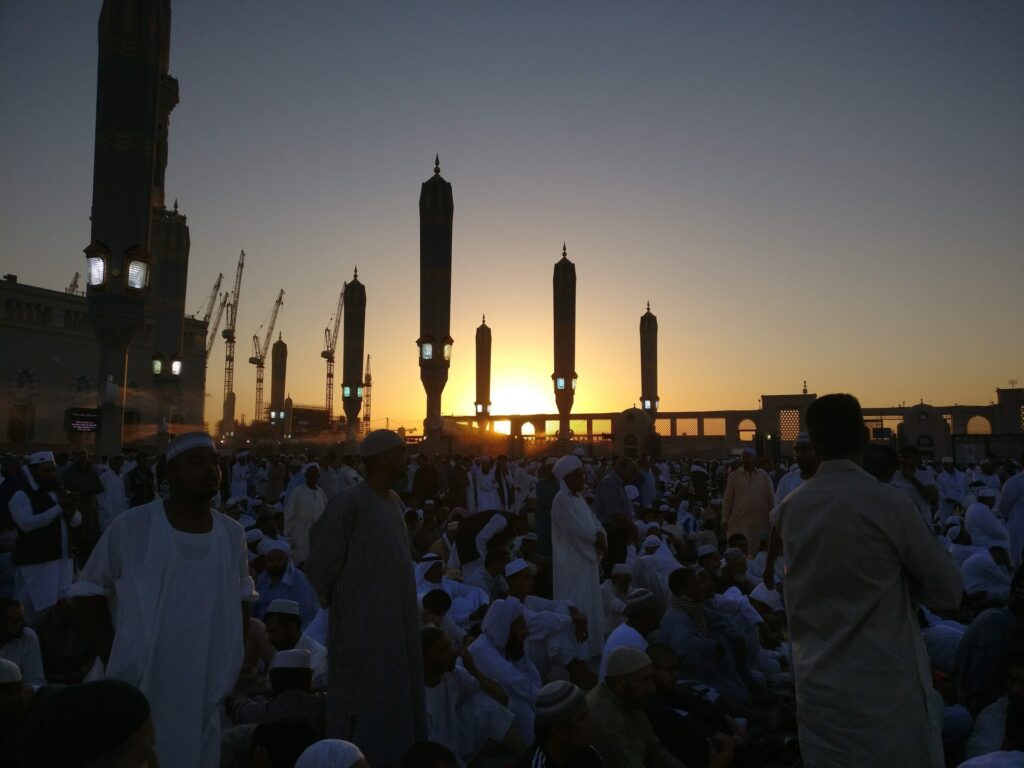
Image source: unsplash.com
To avoid any contact, online tickets are becoming a trend. For any entertainment and attraction spots that require tickets, visitors must buy them online in advance and save it on their devices such as phones to experience no-contact on site. Museums, galleries, some parks or mausoleums are usually the spots. This ensures the maximum number of people allowed in the site has been reached and the crowd is under control and can possibly maintain a distance. They have also adopted sanitizing, temperature checking and other precautionary measures which are paramount at this time.
Insurance and checks
As a huge number of flights, hotel bookings, cruises, tour and trip plans are cancelled every day since the onset of CoVID-19, people witnessed the need to get travel insurance as a wise decision. Some travel insurances are ready to cover up almost all the expenses if it’s a force majeure or natural disasters. Others may cover just a part of it. However, by having travel insurance, one can be covered for any risks associated with loss of baggage (checked-in), personal belongings and passport. It will also aid in finding the best hospital services when you are on a trip. Besides, it is important to have a medical certificate from the country of departure indicating the status of your CoVID-19 test. Checks such as a police check is another part of securing your trip so as to keep your identity and character clear. In Australia, you can get those online from australiannationalcharactercheck.com.au with most results coming back in around 24 hours.
Eating Out
It is obvious to experience a change in people’s eating habits for a reason. Most people don’t prefer dining out or from a street-side vendor. The street food culture has been hit hard with this pandemic and is actually heartbreaking. No longer tourists will appear in these restaurants to grab a bite as the hygiene and safety is a big question. Top restaurants can afford to provide home delivery or take-away services, but still, have to establish evidence about their safety standards. So, we can expect these high-end restaurants will have to spend a good amount on the hygiene fee to keep up their hygiene protocols.
Vacation during work
With the rise in “work from home” and the emerging technologies, workation has become a fashion. Workation is a type of vacation where one can work remotely while spending some time outdoors. It doesn’t involve taking a break from work but from the workplace. One can enjoy the fresh air while working on their devices such as tablets, phones or laptops because conferencing platforms, online conferences, collaborating tools etc. have become popular. It provides a remote working opportunity plus the vacation.
Packing
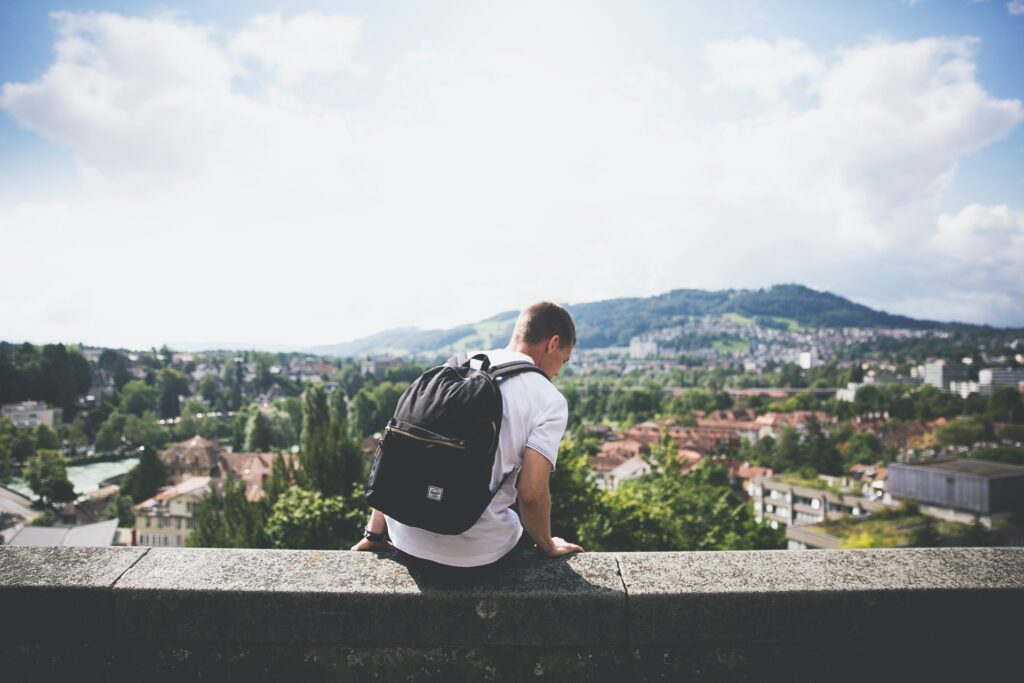
Image source: unsplash.com
Planning for a trip has always got us packing clothes, accessories, shoes and whatnot. But do not forget to pack your hygienic products this time. The checklist of novel coronavirus essentials include
- Hand soap;
- Hand sanitizer;
- Masks;
- Gloves;
- Disinfectant wipes and sprays;
- Visors; and
- Protective covers.
Local Tourism
Due to the closure of borders in some countries, a new emerging travel trend has been observed recently. As more people refrain from travelling abroad due to safety issues, domestic tourism has gained huge popularity. It costs way less, combined with the fact that it is a better chance to know more about your own country or place, people are planning more trips within their countries border and focus on local tourist spots. People are more inclined towards going for short/long road trips, exploring their native places and spending money in their own countries rather than abroad.
With this, outdoor activities such as hiking, cycling, camping, trekking, biking, fishing and sailing have become quite popular. Alongside, the car, boat and other vehicle rentals are facing a rise in demand during this CoVID-19 era


